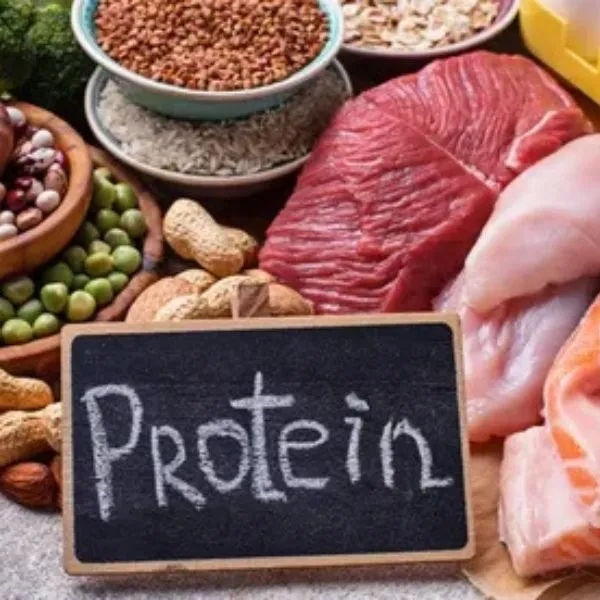Let’s Start
Meat is a key part of many diets worldwide. It provides essential nutrients that support overall health. Whether you enjoy a juicy steak or a grilled chicken breast, understanding meat’s nutritional profile is important. Let’s explore the benefits of protein, fat, and vitamins found in meat.
The Power of Protein: Building Blocks for Your Body
Protein is the most important nutrient found in meat. It helps build and repair tissues, supports your immune system, and keeps your muscles strong. Meat provides complete protein, meaning it contains all the essential amino acids that your body can’t produce.
Benefits of Protein in Meat:
- Muscle Growth and Repair: Protein helps your body recover and build muscle tissue, making it vital for athletes.
- Metabolism Boost: Your body burns more calories digesting protein than carbs or fat, which can aid in weight management.
- Immune Support: Protein strengthens your immune system by creating antibodies and enzymes.
Fat in Meat: The Good, the Bad, and the Essential
Fat is often misunderstood, but it’s crucial for your health. While too much saturated fat can be harmful, meat also contains unsaturated fats and omega-3 fatty acids, especially in grass-fed meats.
Types of Fat in Meat:
- Saturated Fat: Found in fatty cuts like ribeye or pork belly. While it’s essential for hormone production, too much can affect heart health.
- Unsaturated Fat: Lean cuts like chicken breast contain more heart-healthy unsaturated fats.
- Omega-3 Fatty Acids: Meats from grass-fed animals or wild-caught fish are rich in omega-3s, which support brain health and reduce inflammation.
Why You Need Fat:
- Energy Source: Fat provides a concentrated source of energy.
- Vitamin Absorption: Fat helps your body absorb vitamins A, D, E, and K.
- Hormone Regulation: Fat is essential for producing hormones that regulate metabolism and reproductive health.
Vitamins and Minerals: Meat as a Rich Source of Micronutrients
In addition to protein and fat, meat is packed with essential vitamins and minerals. These micronutrients support everything from red blood cell production to strong bones and immunity.
Key Vitamins in Meat:
- Vitamin B12: Found mainly in red meat, B12 is crucial for nerve function and blood cell formation.
- Vitamin A: Liver (especially beef and lamb liver) is rich in vitamin A, which supports eye health and immunity.
- Niacin (Vitamin B3): Found in poultry and pork, niacin supports metabolism and healthy skin.
- Riboflavin (Vitamin B2): Important for energy production, riboflavin is found in beef and lamb.
- Vitamin D: Some meats, like beef liver and fatty cuts, contain small amounts of vitamin D, which supports bone health.
Minerals in Meat:
- Iron: Red meats like beef and lamb are rich in heme iron, which your body absorbs easily. Iron is essential for oxygen transport in the blood.
- Zinc: Found in beef and lamb, zinc boosts immunity and helps wound healing.
- Phosphorus: Meat is a good source of phosphorus, important for bone health and energy metabolism.
How Meat Supports a Balanced Diet
Meat can be part of a balanced, nutritious diet. When consumed in moderation and with variety, it provides high-quality protein, healthy fats, and key vitamins and minerals. Here’s how to incorporate meat into a healthy diet:
- Choose Lean Cuts: Opt for lean meats like chicken breast, turkey, or pork tenderloin to reduce saturated fat intake.
- Include Variety: Rotate different meats, such as beef, lamb, and poultry, to get a wide range of nutrients.
- Portion Control: Enjoy meat in moderate portions to meet your dietary needs without overeating.
Conclusion: The Nutritional Value of Meat
Meat is rich in protein, healthy fats, and essential micronutrients. It plays a key role in muscle growth, energy production, and overall health. By choosing lean cuts and consuming a variety of meats, you can enjoy the benefits of meat while maintaining a balanced diet.



